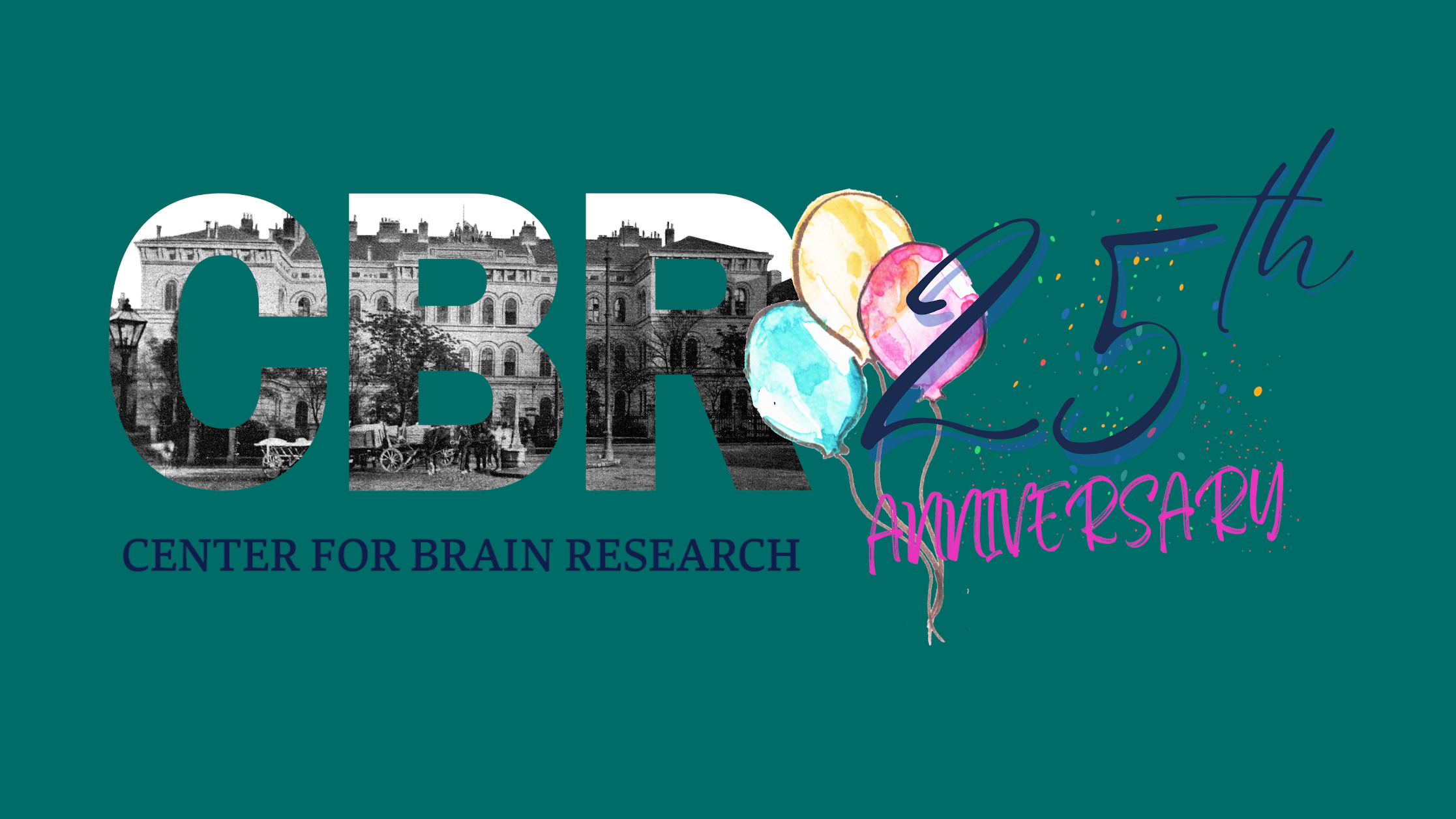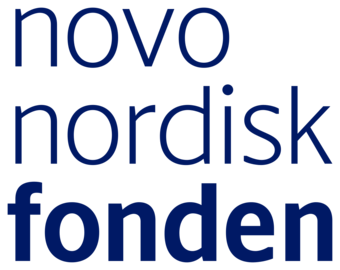
The Center for Brain Research is devoted to the advancement of translational neurosciences.
Undoubtedly, the human brain is the most complex organ in our body. As such, it is the most sophisticated and advanced system that science has ever encountered. Therefore, how the brain is built, and functions engaged generations of researchers over centuries. How the brain’s structure encodes our identities, the ‘human self’, attracts each of us, with its many fundamental and unknown questions transcending from neuroscience across medicine, philosophy and religion. While these very questions make understanding the brain the grandest challenge to mankind, the rewards of every new discovery are certainly above and beyond Neuroscience. We recognize that many of the fastest-evolving scientific disciplines, rely on the design of neuronal circuits to emulate the human brain. However, the existential problem for those who rely on the human brain’s design is the many unanswered questions that remain. These limit efforts to resolve the issue of ‘human self’ or grasp the meaning of maximal cognitive performance. A natural consequence of our fragmented knowledge is our limited ability to intervene in neuropsychiatric diseases.
Here, at the Center for Brain Research of the Medical University of Vienna, we share our passion, as well as strategic objectives when working at contemprary question of fundamental, discovery Neuroscience with an intent to develop medically-relevant knowledge, and translational outcomes for patient benefit. With our national and international partners, we view the brain as a modular system, and strive to interrogate its fundamental features at the molecular, cellular, and network levels. A strength of or research community is the many points of amalgamation, interactions, and technical interfaces that link the distinct levels of biological complexities our teams study through their interdisciplinary approach.
Our frontline research areas include:
- Molecular mechanisms of cellular diversification and intercellular communication (Division of Molecular Neurosciences),
- Dynamics and modulation of neurocircuits (Division of Neuronal Cell Biology),
- Immune surveillance of the nervous system (Division of Neuroimmunology),
- Neuronal basics of cognitive functions in normal and diseased brain (Division of Neurophysiology),
- The neuronal basis of cognitive processes (Division of Cognitive Neurobiology), and
- Molecular pathophysiology of lipid metabolism and ionotropic receptors (Division of Pathobiology of the Nervous System).
Our Center, which was established in 1999, is one of the 43 independent organizational units (31 departments and 12 centers) of the Medical University of Vienna, the largest establishment of its kind in Central Europe, with more than 1,800 researchers and 1,600 medical doctors. We perform our work on a historical backdrop prominently featuring Karl Landsteiner discovering the blood groups, and Oleh Hornykiewicz inventing the L-DOPA therapy of Parkinson’s disease.
25 years Anniversary of the Center for Brain Research - The Video

After activation, data will be sent to YouTube. Further information here: Data protection
We are part of the Medical Neuroscience Cluster of the Medical University of Vienna
After activation, data will be sent to YouTube. Further information here: Data protection





